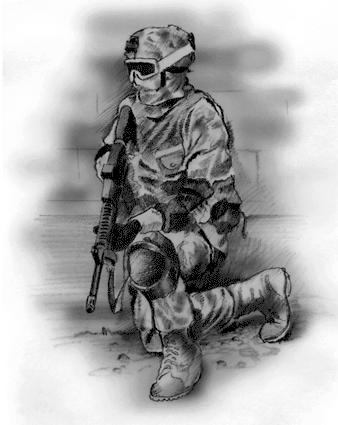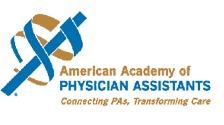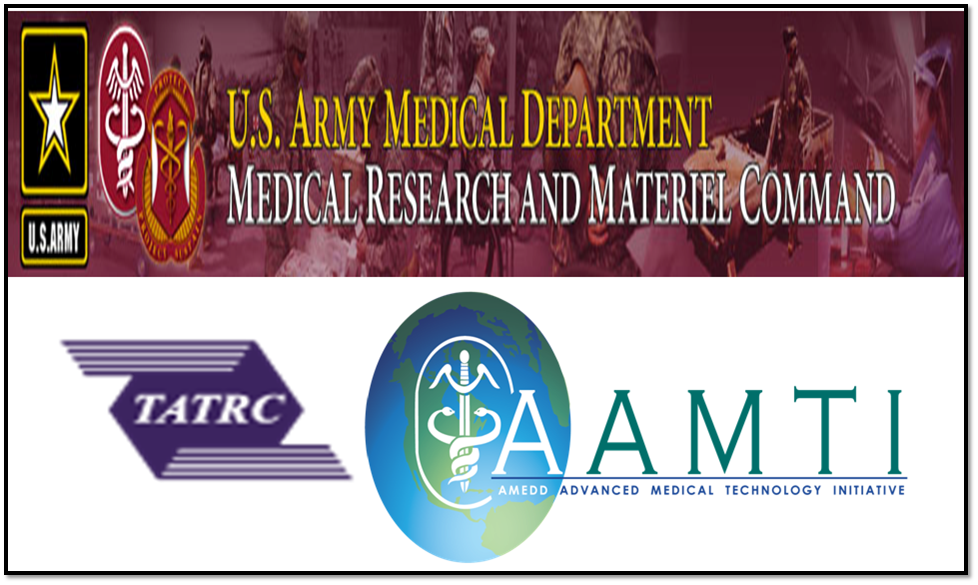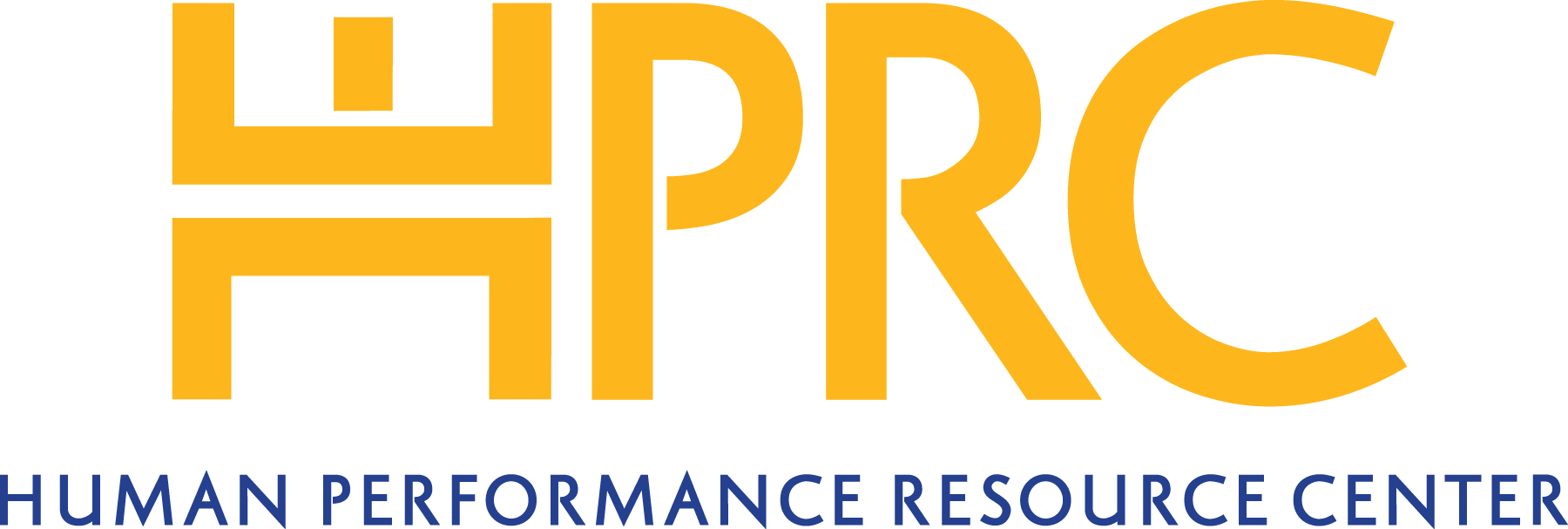All Medical Providers Should Have Training In Issues Related To Military Deployment, 19 May 2011, Seattle Times
By Brian Baird
EVEN as a federal Court of Appeals ruled recently that Veterans Affairs care for veterans is inadequate, a possibly greater gap in care for service members has gone completely unrecognized.
In the past decade, approximately 2 million American military and civilian personnel have deployed to combat areas. Those individuals, plus their family members, face unique physical, emotional and economic challenges that can have lasting, potentially lethal, impacts.
If any other health-care condition affected so many and carried such serious potential risks, one would expect our academic and public-health institutions to pull out all the stops to ensure proper diagnosis and treatment. Nothing of the sort has happened.
In fact, the majority of our leading medical schools and other health-training programs provide no mandatory or even elective course work relating specifically to military service or deployment issues. As a colleague in Congress said when I asked about his own medical training, “I took course work on all sorts of diseases I’ll never see in my career, but I never had a single class or even a chapter on military culture or combat deployment.”
Some physicians and other health professionals gain exposure to these issues during residencies or other training at Department of Defense or VA facilities, but this is by no means universal or adequate. With so many people having been deployed and the heavy reliance on National Guard and Reserves, many of those who served will return to homes far from military bases or VA centers. So too, civilian government workers or contractors and their families have no access to such resources.
For many, the first line of health-care practitioners are likely to be family doctors, psychologists, school counselors, etc., most of whom have no training in these issues.
FULL ARTICLE AT: http://seattletimes.nwsource.com/html/opinion/2015089634_guest19baird.html







